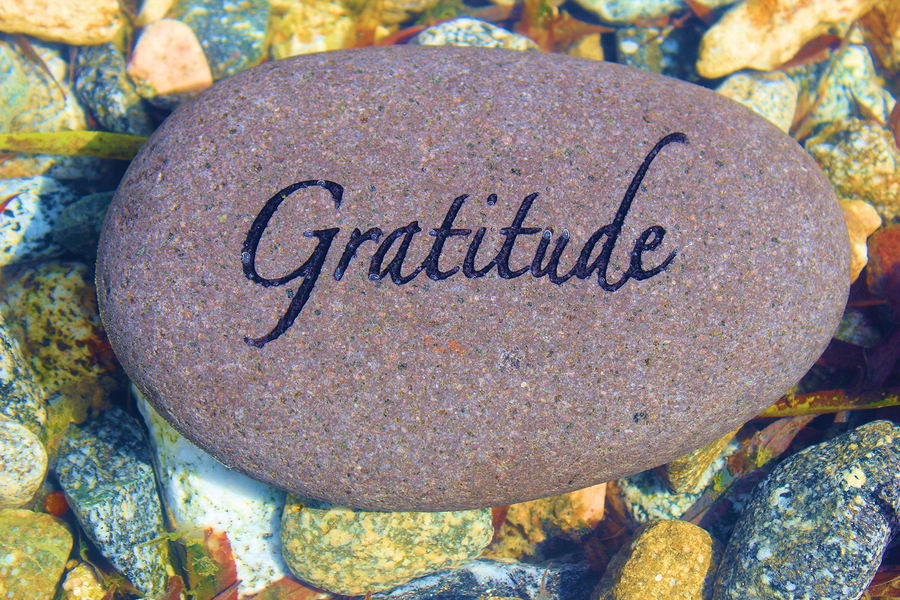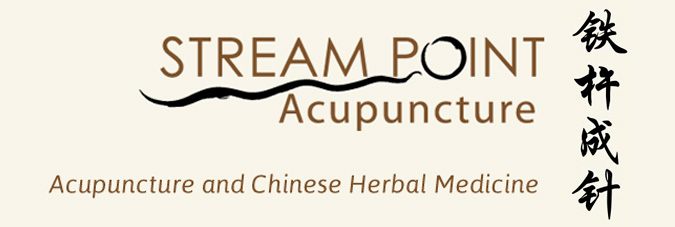 November is moving right along and my favorite holiday is approaching. I love Thanksgiving – yes, for the food – but best of all I get to enjoy spending quality time with my extended family. And as well all know Thanksgiving, at its essence, is really a time where we take a moment to think about what we’re thankful for, and this comes in all shapes and forms. At Thanksgiving dinner, it’s often a tradition for those gathered to mention the things for which they are thankful. Several people post it to Facebook for the entire month of November, some keep a Gratitude journal, and others make their meditation practices about generating feelings of gratitude. So why is sharing or keeping track of what you are thankful for an important thing to do? Did you know that there is research being done on this very question? Robert Emmons from the University of California, Davis has done research on gratitude and thankfulness. The following excerpts are from the website http://gratitudepower.net/science.htm give some of the highlights of the research findings:
November is moving right along and my favorite holiday is approaching. I love Thanksgiving – yes, for the food – but best of all I get to enjoy spending quality time with my extended family. And as well all know Thanksgiving, at its essence, is really a time where we take a moment to think about what we’re thankful for, and this comes in all shapes and forms. At Thanksgiving dinner, it’s often a tradition for those gathered to mention the things for which they are thankful. Several people post it to Facebook for the entire month of November, some keep a Gratitude journal, and others make their meditation practices about generating feelings of gratitude. So why is sharing or keeping track of what you are thankful for an important thing to do? Did you know that there is research being done on this very question? Robert Emmons from the University of California, Davis has done research on gratitude and thankfulness. The following excerpts are from the website http://gratitudepower.net/science.htm give some of the highlights of the research findings:
Gratitude Interventions and Psychological and Physical Well-Being
- In an experimental comparison, those who kept gratitude journals on a weekly basis exercised more regularly, reported fewer physical symptoms, felt better about their lives as a whole, and were more optimistic about the upcoming week compared to those who recorded hassles or neutral life events (Emmons & McCullough, 2003).
A related benefit was observed in the realm of personal goal attainment: Participants who kept gratitude lists were more likely to have made progress toward important personal goals (academic, interpersonal and health-based) over a two-month period compared to subjects in the other experimental conditions.
- A daily gratitude intervention (self-guided exercises) with young adults resulted in higher reported levels of the positive states of alertness, enthusiasm, determination, attentiveness and energy compared to a focus on hassles or a downward social comparison (ways in which participants thought they were better off than others). There was no difference in levels of unpleasant emotions reported in the three groups.
- Participants in the daily gratitude condition were more likely to report having helped someone with a personal problem or having offered emotional support to another, relative to the hassles or social comparison condition.
- In a sample of adults with neuromuscular disease, a 21-day gratitude intervention resulted in greater amounts of high energy positive moods, a greater sense of feeling connected to others, more optimistic ratings of one’s life, and better sleep duration and sleep quality, relative to a control group.
Looking these over, perhaps it gives you the idea to start being mindful to what you can be grateful for each day. Maybe you can write a few things each day in a journal, or share three things to be thankful for when you are at dinner with your friends and family, or make it part of your daily ritual in the morning or evening. Finding a few moments to remember what you are blessed with or thankful for will help to turn a stressful or bleak.
Wishing you a wonderful day, full of moments and things to be thankful for. ~ Mary Pat Curran, LMT

